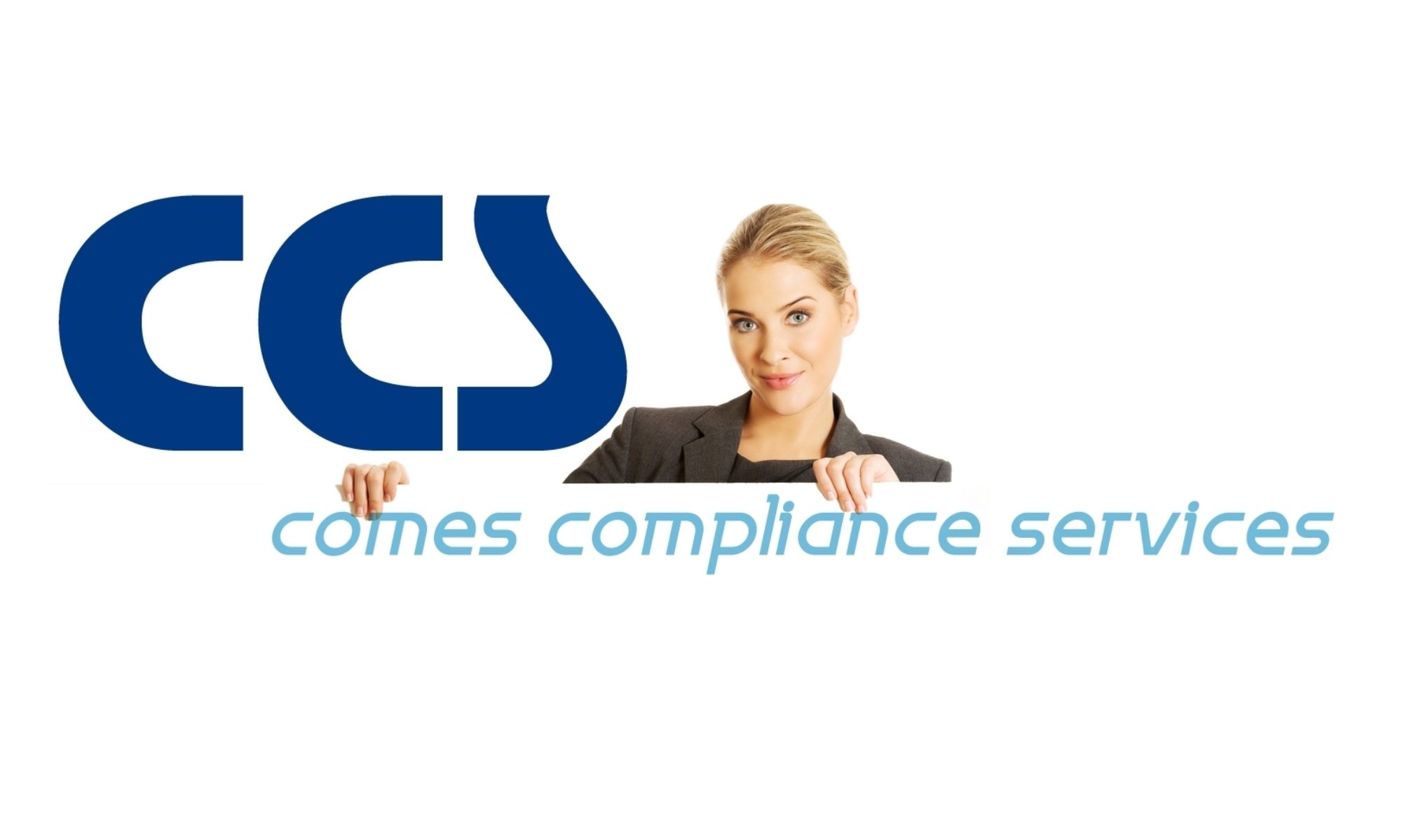Within the GxP-regulated environment every firm is using spreadsheets in its daily use. Some are used on an ad-hoc basis for simple calculations or verifications; some are used for calculating quality-decision or product relevant data, which may be used for batch certifications or other quality records and reports.
In any case the design, usage and management of spreadsheets should follow a risk-based validation approach. Very often the MS Office application “MS Excel” is used for spreadsheet calculations, but also other (similar) or open-source software may be used.
The ISPE GAMP 5 standard does provide one single chapter in a special topics area for the special “system” type of “IT applications” – this is more or less described on one page of the entire guidance document. To understand the expectations of an inspector it might be useful to reference to the Draft version of the EU EudraLex Vol. 4 – Annex 11 – Computerised Systems ref. Section 3.8. Also this section was not taken over to the final version of Annex 11 (Revision 2011), it is showing the challenges and the expectations from a regulatory point of view.
Source: Annex 11 Draft Version – February 2008
3.8 Spreadsheets should be suitably checked for accuracy and reliability and stored in a manner which ensures the appropriate version control. The calculations should be secured in such a way that formulations are not intentionally or accidentally overwritten. The calculations should be executed with precision displayed on the screen or in reports. Formulations should also be protected from accidental input of in appropriate data type (e.g. text in a numeric field and or a decimal format into integer field).
One of the major hurdles in validating spreadsheets is that these are normally purely file-based and stored on a more or less secured file server location on the basis of the operating system. The above mentioned “appropriate version control” of files and requirements for avoiding the “overwriting” of them seems to be insolvable if not transferred to a better (unique) platform.
Therefore CCS has developed together with the solution partner “ott+partner” – http://www.ott-partner.com/ a basic spreadsheet platform (BSP Solution), which is enabling pharmaceutical companies to use validated spreadsheets in their daily business cases and executions.
Our BSP solution is based on the fundamental architecture and principles of database objects and can be totally integrated in any customer system landscape, if required to already implemented solutions like ERP systems, LIMS, or Document Management Systems (e.g. on the basis of MS SharePoint). In any case the BSP solution will be the secured and central point for all spreadsheet applications and do fulfil the technical and procedural requirements to the best practice principles for a risk-based validation. In addition features like electronic signatures or dedicated approval workflows can be implemented and spreadsheets are easy to use and to validate.
Contact us today for more information or an online demo at: talk@comes-services.com


